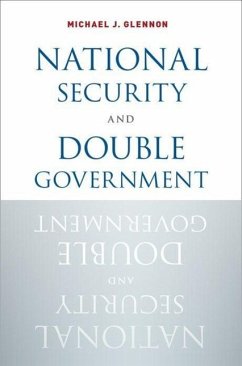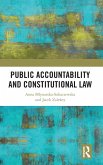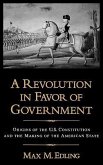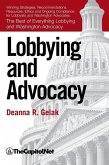Why has U.S. security policy scarcely changed from the Bush to the Obama administrations? The theory of "double government" suggests a disquieting answer that is extensively discussed in National Security and Double Government. Michael J. Glennon challenges the myth that U.S. security policy is made through the President, Congress, and the courts, proposing that their roles are largely illusory. He argues that security policy is really made by military,intelligence, diplomatic, and law enforcement agencies consisting of several hundred concealed members who are responsible for protecting the nation, and who are primarily immune from constitutional restraints. As such, this new system of "double government" will not correct itself, as to do so would requirethose branches to exercise the very power that they lack. Glennon suggests that the main problem is political ignorance, which is becoming more acute as public influence on security policy declines.
Hinweis: Dieser Artikel kann nur an eine deutsche Lieferadresse ausgeliefert werden.
Hinweis: Dieser Artikel kann nur an eine deutsche Lieferadresse ausgeliefert werden.








